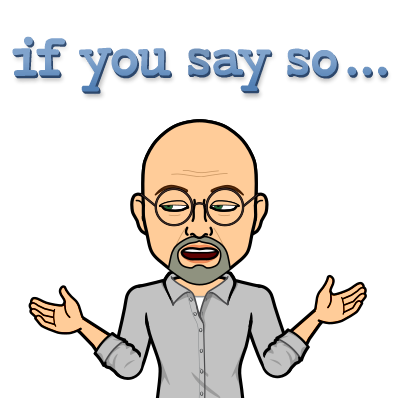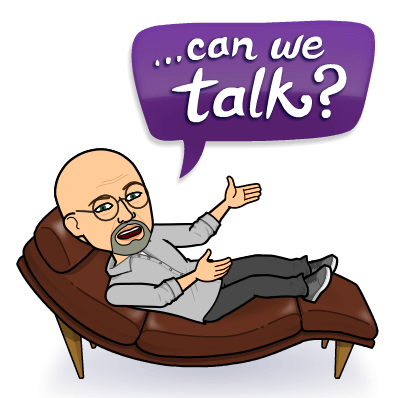In the words of Margaret Millar, the suspense and mystery writer in the mid-1900’s, “Most conversations are just simply monologues delivered in the presence of a witness”. Have you experienced that as ‘the witness’?
Or, maybe you are the one delivering the monologue. Are you the one not allowing others to participate in the conversation?
Another scenario is that we communicate in part, or deliver what we think is important, or assume that everyone hears it. Thus EFFECTIVE communication does not happen.
Communication. Impartation. Transmission. Dispatch. Whatever you call it….it’s not always easy to do.
Communication is spoken or unspoken conduct that lets other people know what you’re thinking. It is an exchange of thoughts, messages, or information. As every relationship in life is built around communication, we are all given ample opportunities to practice developing effective communication skills. And yet, every organization has issues with communication. So why is communication so difficult?
I know what I’m trying to say, so you must not hear me correctly.

“I know that you believe you understand what you think I said, but I’m not sure you realize that what you heard is not what I meant” so says Mark Twain.
Or, is it that I’m not listening to you? Sometimes, communication between people is difficult because we’ve been raised or conditioned in different ways. Some personality types are better at communicating than others, while some people are inherently more reticent. Others are adept at using and interpreting non-verbal cues. No matter our strength or weakness, effective communication is essential. Our style, our thoughts, our motivations in communication are limited…..or discriminating.
In most employee engagement surveys communication rises to the top 3 of the problems that exist. BUT…. that’s all that is indicated. “We have a problem with communication”
So, what is the problem with communication? In my experience working with more than 260 organizations, it usually consists of 3 things.
- You didn’t communicate completely what I said
- You communicated with your own interpretation
- You assumed all was communicated
In this week’s blog, we are only going to cover #1. The other 2 will be in subsequent blogs……….so, stay tuned.
Sometimes the communication problem exists because we don’t communicate EVERYTHING we are supposed to communicate. You were told by your boss to communicate 3 things, but you only communicate 2 items: what you think is important….. and leave something out. We use our own discretion to say, ‘my people are not interested in that item, so I won’t communicate it’. Meanwhile your team is left out of the loop in what’s going on in the organization.
When I was a lab director in the Air Force, I remember doing this very purposefully. Of course, purposefully the wrong way. I would attend a meeting and have 3 bits of information I needed to deliver to my team. I would surmise that my team was only interested in 2 of the bits, and leave out the 3rd —–that I ‘just knew’ they could care less about.
BUT, what happened, is other leaders would tell their team all 3 items, and when my team would talk with members of the other teams, they would hear that I left out item #3. So, my team would naturally think what?
“What is the boss leaving out, why didn’t he tell us, what else is he not telling us?” This breeds a distrust of the leader.
I learned to communicate EVERYTHING regardless of my interfering thoughts about what I thought was important. My team needed to know they could trust that I delivered ALL that was shared with me.
Do you struggle with communicating well? Does your organization have a fluid, naturally flowing method to communicate? On a scale of 1-10, 1 being what is communication……..& 10 being we communicate so well, people hear it before it’s said, how would you rate your organization, team, self? If it’s less than 9…….let us know how we can assist………..





